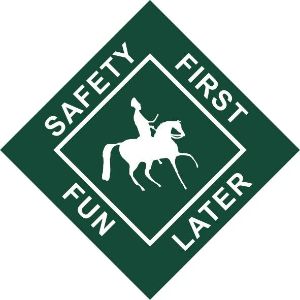Whitehorse Early years and Childcare Courses
Whitehorse has been running Safety Courses catered for Early years and People working with children for many years and we pride ourselves on giving our students the best learning opportunities at Fair prices.
We not only run amazing hands on practical training but we now run a great variety of Online courses suited just for early years.
Please see all our courses below:
12 Hour Paediatric First aid Training (Blended and full)
Paediatric Lifting course (Practical)
Fire Marshal Training (Online)£25PP
Fire Safety for Early Years (Online)£18PP
First Aid for Parents (Online)£25PP
Infection Control for Children's Activity Provider (Online)£20PP
Level 2 Food Safety Training (Online)£25PP
Prevent Duty and British Values for Early Years Settings (Online)£18PP
Risk Assessment for Early Years(Online)£20PP
Safeguarding and Child Protection for Early Years (Level 2) (Online)£25PP
For prices or to book any of our courses Please contact us.
12 Hour Pediatric First aid Training (Blended and full)
When Dorset and Bournemouth councils approved providers we were the only approved provider for both councils for many years, with consistently excellent feedback for all students.
Our Paediatric First Aid course also includes protocols for working outdoors so is suitable for those running Forest Schools but we also run Outdoor Forest school first aid courses if you want that extra bit of outdoor practical.
Our tutor lead courses are all practical with no PowerPoint or exams, only good old tutor ongoing assessments.
We also offer the option of blended learning with 6 hours on line with final exam and a 6 hours practical tutor lead session.
Each student will receive a current first aid manual and certificate valid for three years on successful completion of the course.
You have 2 options to book, option one head over to course bookings and look at our dates and option 2 contact us to organise your own bespoke course.
Our courses are accredited by the First Aid Industry Body (FAIB) and fully comply with the requirements of Early years, Ofsted, Health and Safety (HSE)(First Aid) Regulations 1981 and the Resuscitation Council (UK)
Pediatric Lifting course (Practical)
This half day course is suitable for people who need to manually move items and Children at work in the safest possible way.
All our Manual handling training is delivered by staff with industry experience in assessing manual handling tasks.
Our tutor lead courses have some theory and practical sessions with no PowerPoint or exams, only good old ongoing tutor assessments we use Weighted Children dummies to give you a real lifting experience.
We like to bring this training to our client’s workplace to ensure we make it as real as possible and can hold on site discussions about best options going forward.
During the practical lifting undertaken on this course, delegates will have the option not to lift objects if unable to do so due to medical issues.
Each student will receive a manual handling awareness certificate valid for three years on successful completion of the course.
This course is accredited by Whitehorse and fully complies with the requirements of the Health and Safety (HSE) Manual Handling Operations Regulations 1992 (as amended) and the Management of Health and Safety at Work Regulations 1999.





